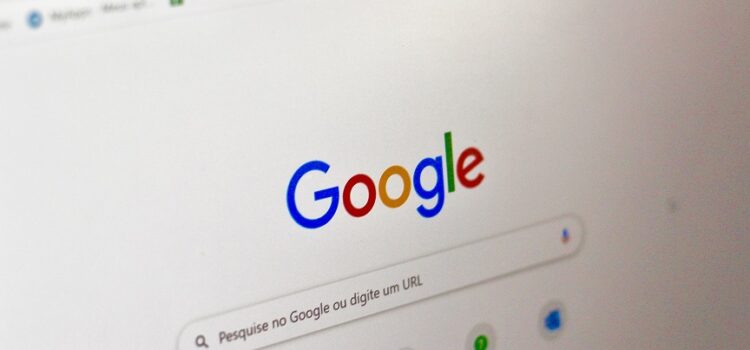A Victorian Supreme Court decision holding Google liable for a defamation action over search results is a strong wakeup call that could see search engines now become wary of what search results they display.
Brisbane intellectual property lawyer Sandy Zhang says after the Victorian Supreme Court ordered Google pay Melbourne criminal lawyer George Defteros $40,000 over defamatory search results linking him to Melbourne’s gangland wars, it has cleared a way for others to target Google for similar actions.
Sandy Zhang, Senior Associate with EAGLEGATE Lawyers, says Google has been struggling with this type of liability for some time.
Quoted in The Australian, Sandy says an earlier South Australian case established that search engine results could amount to publishing for the purposes of defamation and the defamation law around Australia has been pretty much uniform for some time. This (Victorian) case goes a bit further.”
The Australian reported that the court last week ordered Google pay criminal lawyer George Defteros $40,000 over defamatory search results linking him to Melbourne’s gangland wars. Google search results contained a Wikipedia article titled “Melbourne’s gangland killings”. It was alleged the Wikipedia article referred to him under a subheading of Carlton Crew, which is a Melbourne-based criminal organisation.
Sandy says the South Australian case in 2017 involved a woman who posted negative stories about psychics after an apparently bad personal experience, and it was claimed the psychics responded with defamatory claims about her that appeared in Google searches. The woman said Google had failed to remove the references when asked.
He told The Australian the Victorian judgment took the precedent set in SA further. Now it seemed sufficient to show that a link in a Google search had led to defamatory material.
“As long as the URL of the website is there and the URL links to that defamatory content, it means that Google has published the content, even though Google didn’t extract anything from the web page so it kind of broadens liability,’’ he says.
“If you click through to that link and that link has got defamatory content, then Google could potentially be liable for that.”
Sandy says the onus was on Google to address requests to remove items from search results. “In Australia, it is probably stricter than most areas of the world, in terms of the liability on the publisher.”
He says in these circumstances, Google’s liability is as a secondary publisher.
“Being a secondary publisher means that they do have to be notified first, that there is defamatory material.
“If they get notified, and it looks reasonable that there could be potentially defamatory material, then they should remove it. That’s what this case is saying.”
Sandy says Wikipedia potentially is liable too “but at the end of the day, because of how Wikipedia works, if the material is not true or doesn’t have the correct basis for it, a user can make a submission (to Wikipedia) for peer review because the system is community-managed, and the process is usually straightforward, fair and reasonably fast.
“Google, on the other hand, has sole control over the search results that it displays and is generally not transparent about the reasons why it includes or removes any particular search results in response to a search query.”

